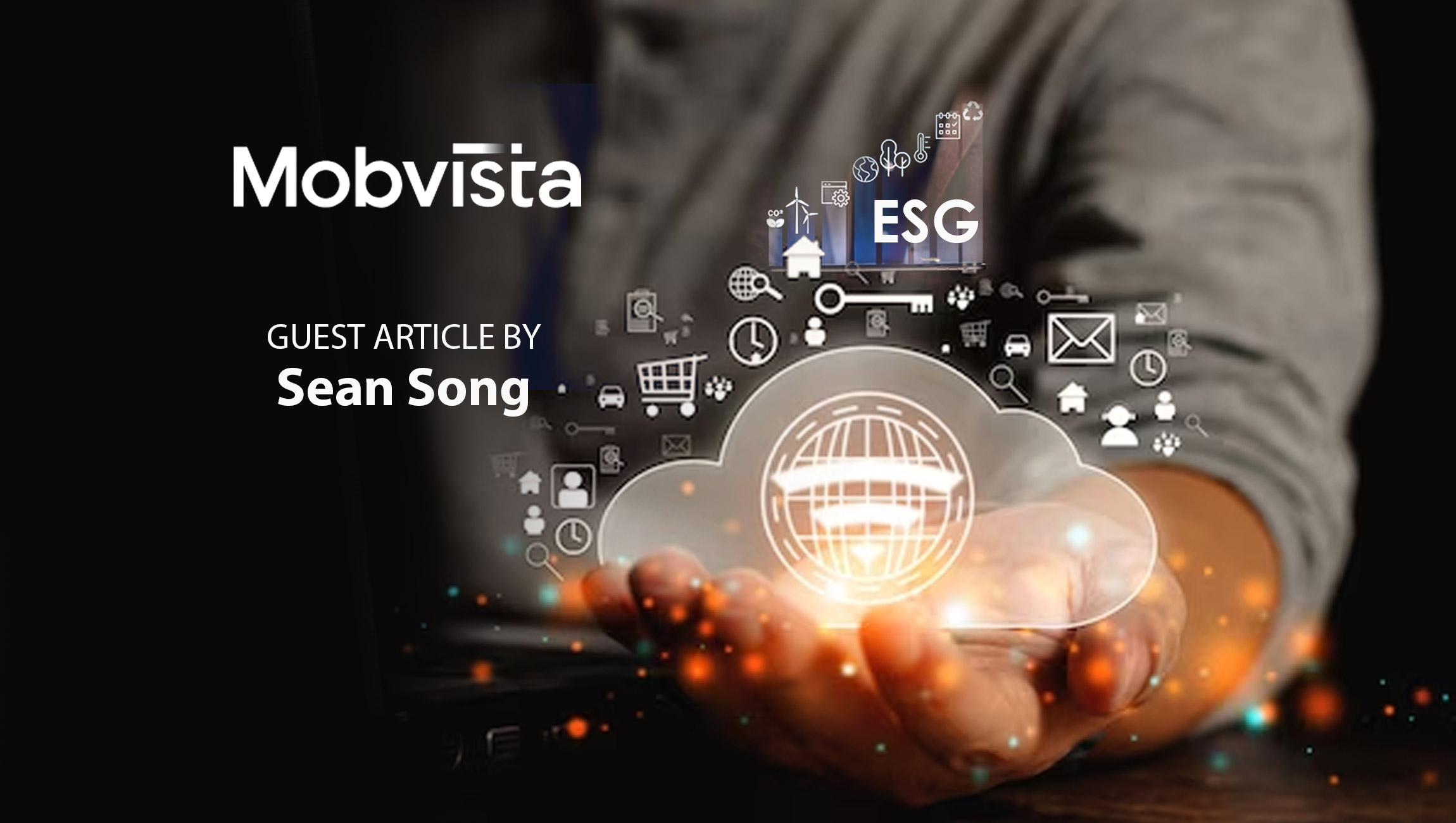Clients are returning from vacation and going heads down into 2024 planning. There’s a renewed focus not unlike that back-to-school spirit – a mix of both fresh-start optimism and concerns about macro pressures to navigate.
Here are 5 trends driving the future and concrete examples of companies stepping up.
1. AI is already changing everything. While no marketing professional will argue that AI is changing the landscape, whether that transformation is more positive (efficiencies, higher quality careers), or negative (commoditization in creative) is still unfolding. Regardless of the stance we take on AI’s impact, one thing’s for certain: Leaders in all of these disciplines need to embrace the change.
From recently conducted research by Microsoft, surveying 31,000 professionals in 31 countries: “Skills like critical thinking and analytical judgment, complex problem solving, and creativity and originality are new core competencies . . . It’s essential that employees learn when to leverage AI, how to write great prompts, how to evaluate creative work, and how to check for bias. As AI reshapes work, human-AI collaboration will be the next transformational work pattern—and the ability to work iteratively with AI will be a key skill for every employee”.
That, in brief, is the macro snapshot. Let’s zoom in.
2. Ad Agency networks will have new partnership opportunities to address a long-standing pain point of marketing leaders, the delivery of truly integrated programs. While many marketing organizations, including agencies, are still organized in discipline-specific silos — e.g. PR, branding, web development, SEO, the winners of the future will be holistic in their approach, backed by a deep bench of experts who work as united teams. For decades, client-side marketers have increasingly demanded more of their agency partners, with the delivery of seamless experiences and transparent results topping the list. Every major holdco agency network has the ability to deliver this level of collaboration, but will the model prove profitable, accountable and enduring?
Consider how the Big Six holding companies (WPP, Interpublic, Omnicom, Publicis, Dentsu, and Havas) have been embracing generative AI, forming cross-functional task forces to win new business and establish innovative partnerships. In just six short months, largely driven by the commercial launch of ChatGPT, agencies have upped their tech quotients and positions, experimenting internally, pursuing strategic advantages to improve productivity, and offering external solutions, partnering with clients. What this means is that the former limitations on how agencies earned revenue have now expanded with new opportunity sets and a sort of next-level role with enterprises who may not even be “advertisers”. That’s a next-level value proposition that’s raising the bar across the ecosystem.
Marketing Technology News: MarTech Interview with Scarlett Shipp, CEO at AnalyticsIQ
3. Globalization continues to reduce barriers, but the best is yet to come. In leveraging new technologies, marketers have the ability to take on challenges with longstanding, time-intensive “rocks” as never before. Consider market expansion barriers, such as language and cultural differences, disparate regulatory policies and more, which can now be “processed” faster, with fewer resources.
One example: Exter and Edinburgh-based Sure Languages offers not only traditional translation services, but also “global interpreting in 100+ languages available (24/7/365), multi-lingual creative, and studio-recorded voice overs” – all on a project basis – no long-term retainers needed. Communicating globally has never been so systematic, real-time, and non-committal.
4. Embracing a dispersed workforce. Not only have we leveled up our tech stacks and remote work capabilities, our organizations can now source talent and strategic partnerships from anywhere. They have the power of flexibility and accessibility that is reshaping the horizon, but are we capitalizing on that yet? If not, why not?
Many of us at Dstillery have long admired the work of Adam Grant, professor of organizational psychology at the Wharton School of the University of Pennsylvania and best-selling author: A key finding from his recent research, underscores the friction that leaders and employees, especially in our field, grapple with, in terms of distributed workforces: “Interpersonal bonds are good for team performance, we know that. But empirically, there is something better for team performance, which is having clear roles and clear goals.” The implication is that organizational leadership – or the lack thereof – will be crucial to maximizing performance. Agency and brand leaders alike, are often challenged by fast-paced, ultra-competitive, high-turnover dynamics. Pile on marco-economic headwinds and the value of clear, inspiring, results-focused leadership has not been more essential.
5. Higher education and credentialing in marketing is needed now, as never before. Today’s Marketing profession is intrinsically dependent on technology, global citizenship, financial acumen, and cultural sensitivities. It’s hard to argue that the discipline should become a more credentialed career path. Not unlike Medicine, Law, or Finance, the risk of “marketing malpractice” poses a threat, with the knock-on effect of tarnishing the profession’s image. Just as other practitioners have bars to pass, shouldn’t we require continuing education for Marketing?
Consider the example of early-career certifications, such as CIM. The UK-based organization describes one advantage of its program: “CIM qualifications prove that you have the ability to learn, the intelligence to apply what you’ve learned, and the persistence to finish a course.” But what happens in the mid-career and senior leadership stages? Aside from advanced degree programs, it’s challenging to find a program that refreshes mid-career skill sets, educates in new technologies and is comprehensive enough to be worthy of investment.
If our post-pandemic, recession-threatened, climate-changing world has taught us anything, it’s the power of optimism for a brighter future. As Marketers, Professionals, and Humans, we owe it to ourselves to embrace change, invest in innovation, and grow our authentic connections with purpose.
Marketing Technology News: Technology and Time: How Too Much Tech Can Rob Us of Our Most Valuable Asset











